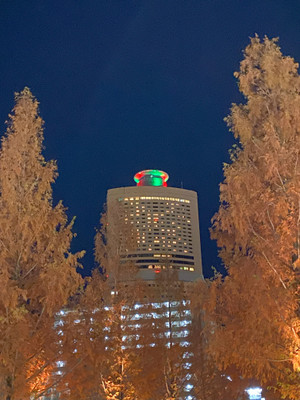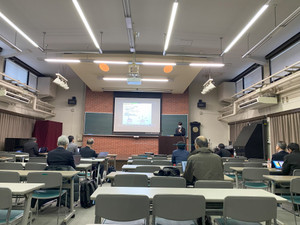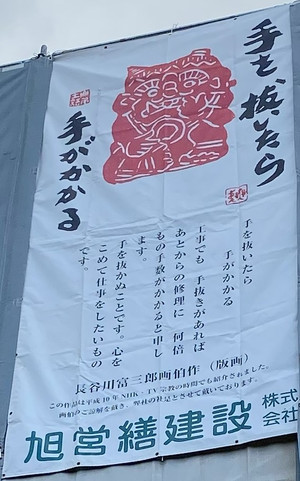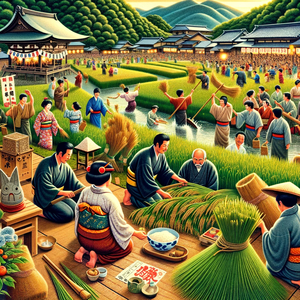Dear everyone, I wish you all a joyful New Year.
As we enter the new year, Japan has been facing disasters and major accidents. I would like to express my sympathy to those affected in the disaster areas and to those who have encountered these accidents. Along with praying for a swift recovery, I intend to continue offering whatever assistance I can.
First, I want to share my initial thoughts for the new year. Watching the footage of the earthquake in the Noto Peninsula, two things struck me: the number of people who began recording videos as the earthquake started, and the many who, amidst the strong tremors, tried to prevent large TVs and furniture from falling. These actions really caught my attention.
I myself was affected by the Geiyo Earthquake in March 2000. I experienced the strongest shaking (intensity 5+) at a graduation celebration at Ehime University, where I was working at the time. I saw many people holding down beers on tables. When I hurried to my lab, I found students who hadn't fled outside but were instead trying to tidy up the scattered items and equipment. According to faculty members nearby, during the shaking, these students tried to prevent bookshelves from falling. Perhaps these actions are underpinned by the good morals of the Japanese people. However, please remember that life is the most important thing. Whether bookshelves fall and scatter books and materials, or equipment gets damaged - and I say this bluntly - these can be dealt with later. First and foremost, protect yourself. Unfortunately, we cannot match the energy of an earthquake. In my lab, a very heavy bookshelf, which wouldn't budge even if several strong adults tried, moved several centimeters during the Geiyo Earthquake. It's impossible to hold such things down with human strength. And regarding recording videos, please ensure your own safety first before filming.
I really wanted to write about this. It fills me with deep regret that there were people who couldn't escape and lost their lives. I will continue to exert my intellect in electrical and electronic engineering technology to help reduce disaster impacts as much as possible.
I look forward to your continued support for Dr. Matsunaga, who will keep challenging new things this year.










